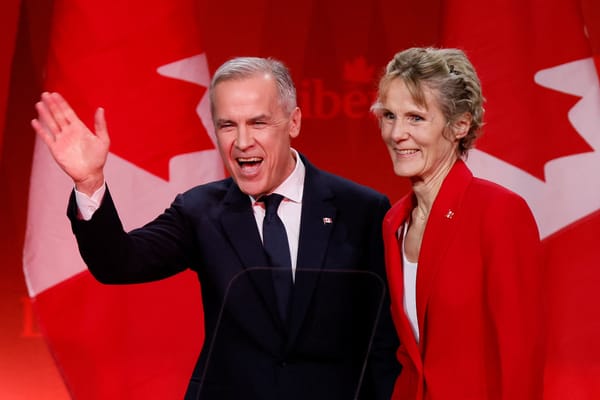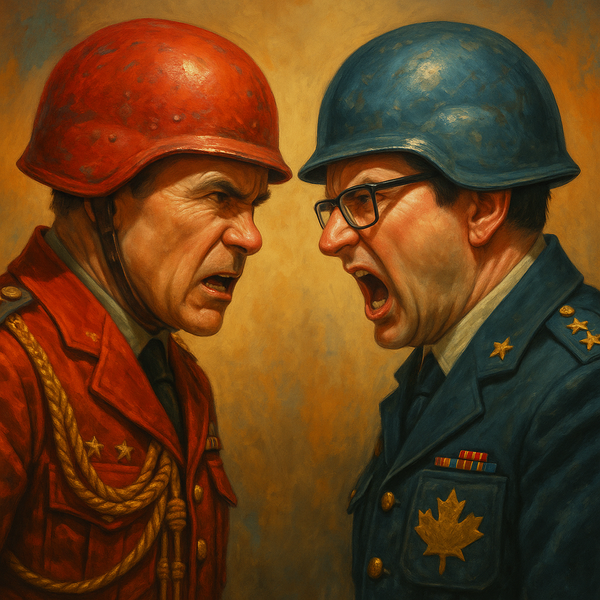Pope Francis Has Died at 88: The End of an Era, and the Quiet Storm Before the Conclave
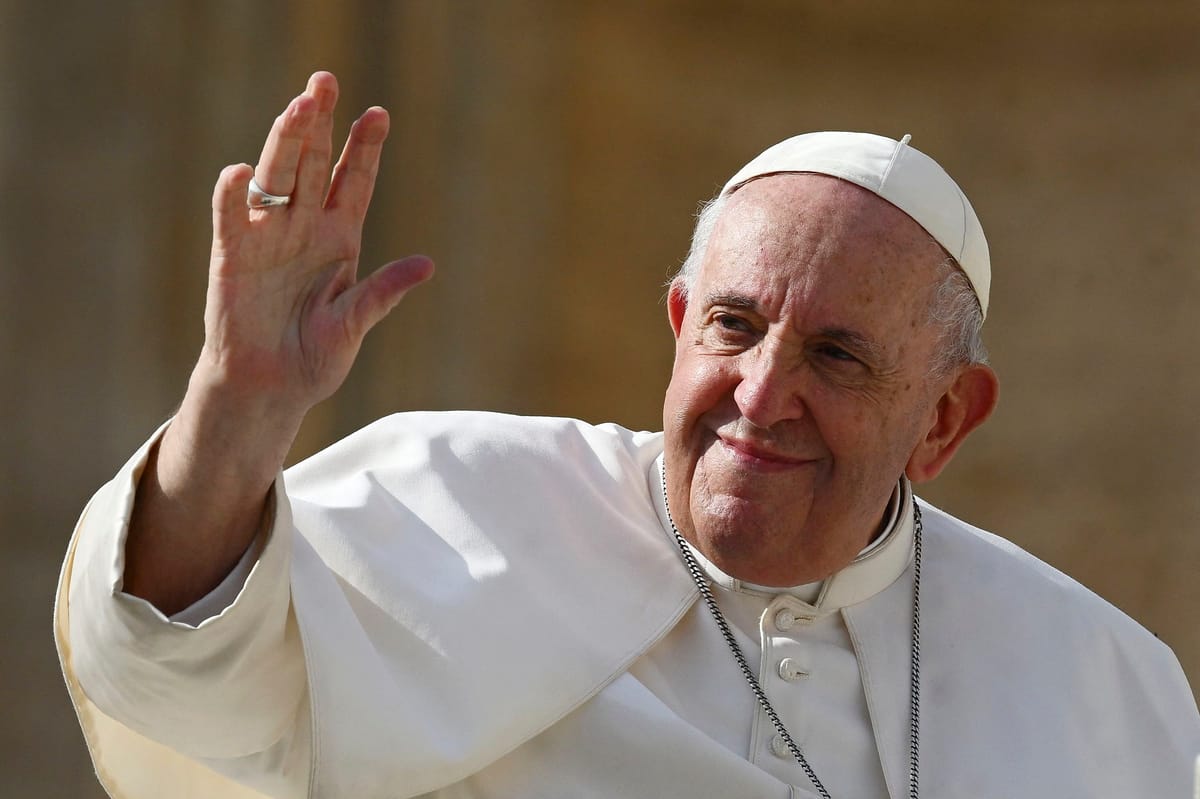
The world has lost a pope. The Church now faces a decision that may define Catholicism for a century.
Pope Francis passed away early Monday morning, April 21st, at the age of 88, following complications from double pneumonia. The death occurred at 7:35 a.m. CEST at Casa Santa Marta, his Vatican residence.
Cardinal Kevin Farrell, the Camerlengo of the Holy Roman Church, announced:
“The Bishop of Rome, Francis, returned to the home of the Father. His life was one of service to the Lord and to his Church.”
With this, the Vatican enters a period of mourning and transition—not just of grief, but of discernment. Because while Pope Francis departs, the questions he raised about doctrine, tradition, and the Church’s global identity remain unresolved.
A Pope Who Shook the Church
Born Jorge Mario Bergoglio in Buenos Aires, Francis was the first Latin American, first Jesuit, and the first non-European pope in more than a millennium. When he stepped onto the balcony in 2013, many sensed a new era. And it came—with turbulence.
He preached humility and spoke of mercy—but also attempted to reshape the Church in ways that left many faithful conflicted or alienated:
- He emphasized climate change and economic equity over doctrinal clarity.
- He opened pastoral doors for divorced and remarried Catholics.
- He softened the tone on same-sex unions, while never formally shifting teaching.
- He expanded interfaith dialogue—but in doing so, often blurred theological lines.
For his admirers, Francis was the “Pope of the Peripheries.”
For his critics, he was a reformer who confused the flock.
Now, that era is over. And the next conclave may choose either to complete his vision—or quietly return the Church to firmer ground.
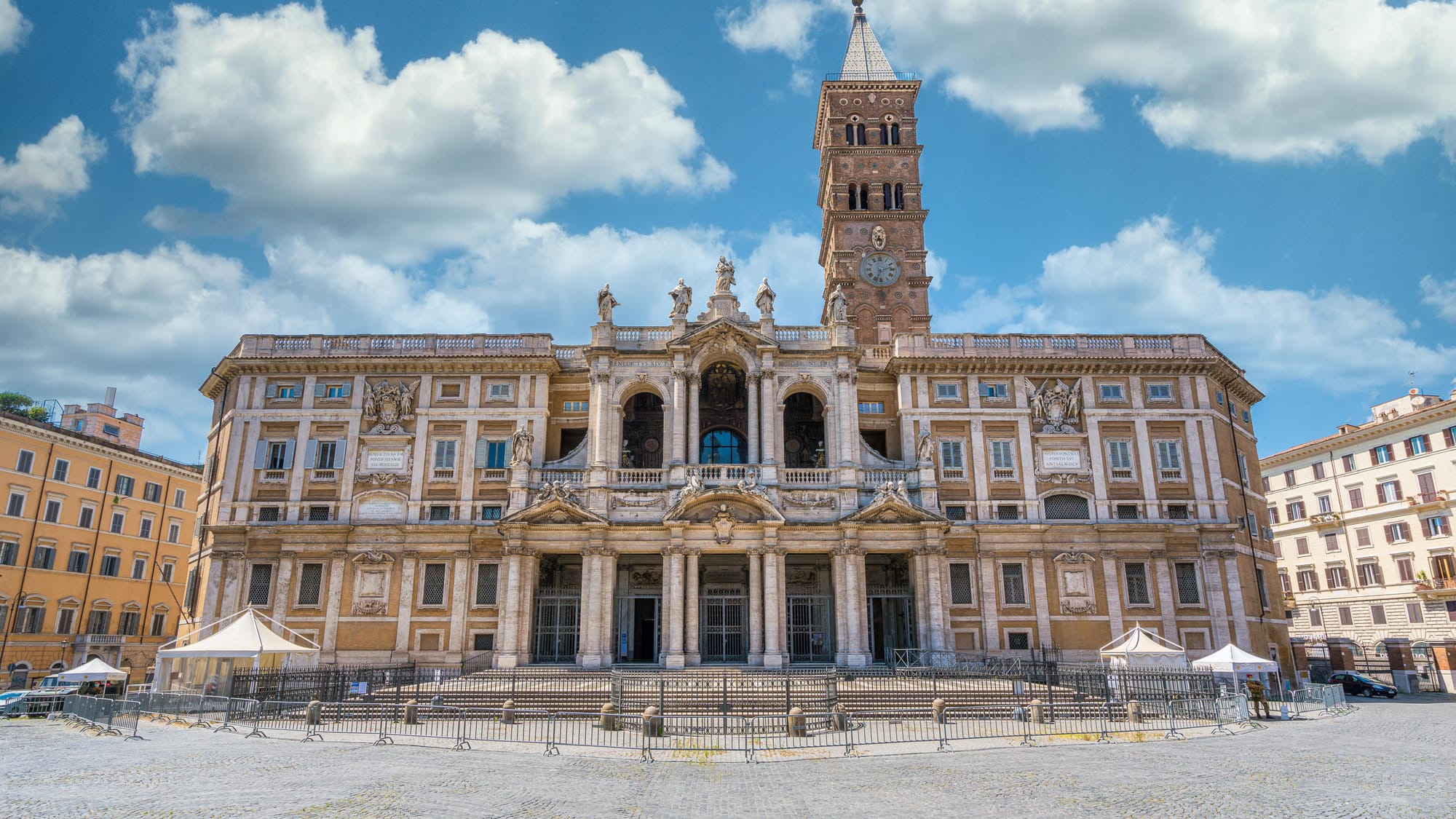
Where He’ll Be Buried
In an unconventional move that feels symbolic, Francis will be buried at the Basilica of St. Mary Major in Rome, not in the Vatican grotto. This marks the first time since Pope Leo XIII (d. 1903) that a pope will be interred outside the Vatican.
Who Comes Next? The Cardinals to Watch
As the cardinals prepare for conclave, the world turns to the question: Who will be the next Bishop of Rome?
Here are the most talked-about names inside the Vatican and across the Catholic world:
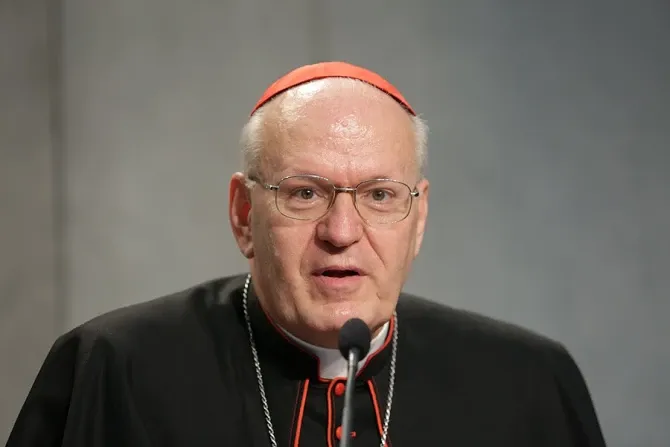
1. Cardinal Péter Erdő (Hungary)
The Intellectual Traditionalist
- Age: 72
- Archbishop of Esztergom-Budapest
- Theologically conservative, strong on doctrine
- Known for deep scholarship and legal clarity
Erdő would represent a clear pivot back to orthodoxy—a strong, stable voice for tradition in a time of confusion. He’s been a respected voice in two synods and commands high regard among European bishops.
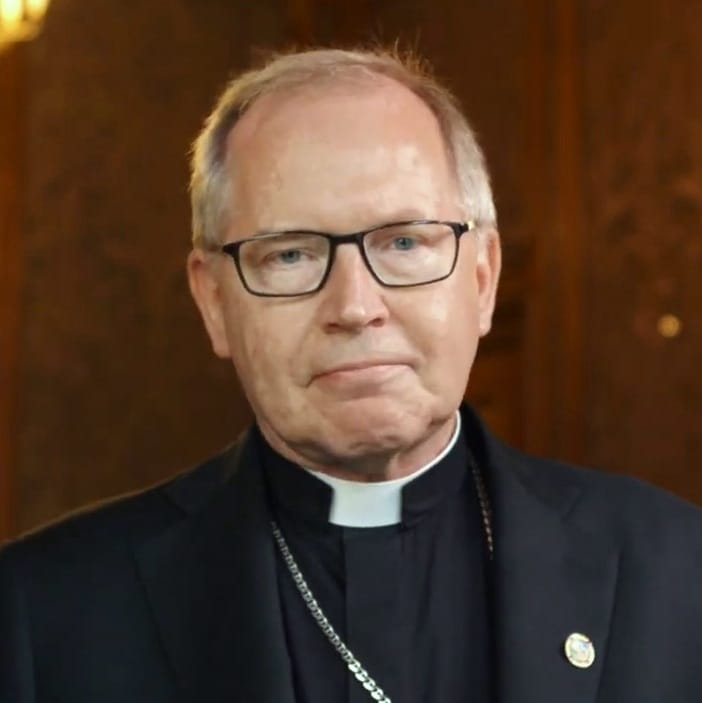
2. Cardinal Wim Eijk (Netherlands)
The Silent Reformer with Firm Convictions
- Age: 71
- Archbishop of Utrecht
- Former physician, moral theologian, and outspoken on bioethics
- Publicly challenged Pope Francis over communion for divorced Catholics
Eijk may appeal to those wanting a quieter papacy—but one rooted in unshakable doctrine. He’s viewed as deeply pastoral, but not politically motivated—a rare quality in Vatican politics.
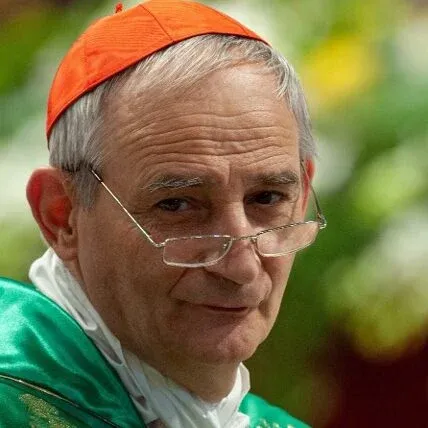
3. Cardinal Matteo Zuppi (Italy)
The Vatican Insider and Francis Loyalist
- Age: 68
- Archbishop of Bologna
- Advocate for peace talks, social outreach, and LGBTQ inclusion
- Closely aligned with the Francis-era model of pastoral openness
Zuppi is widely viewed as the front-runner of continuity. A Zuppi papacy would likely aim to cement Francis’s reforms, while softening the tone and presenting a more unified image.
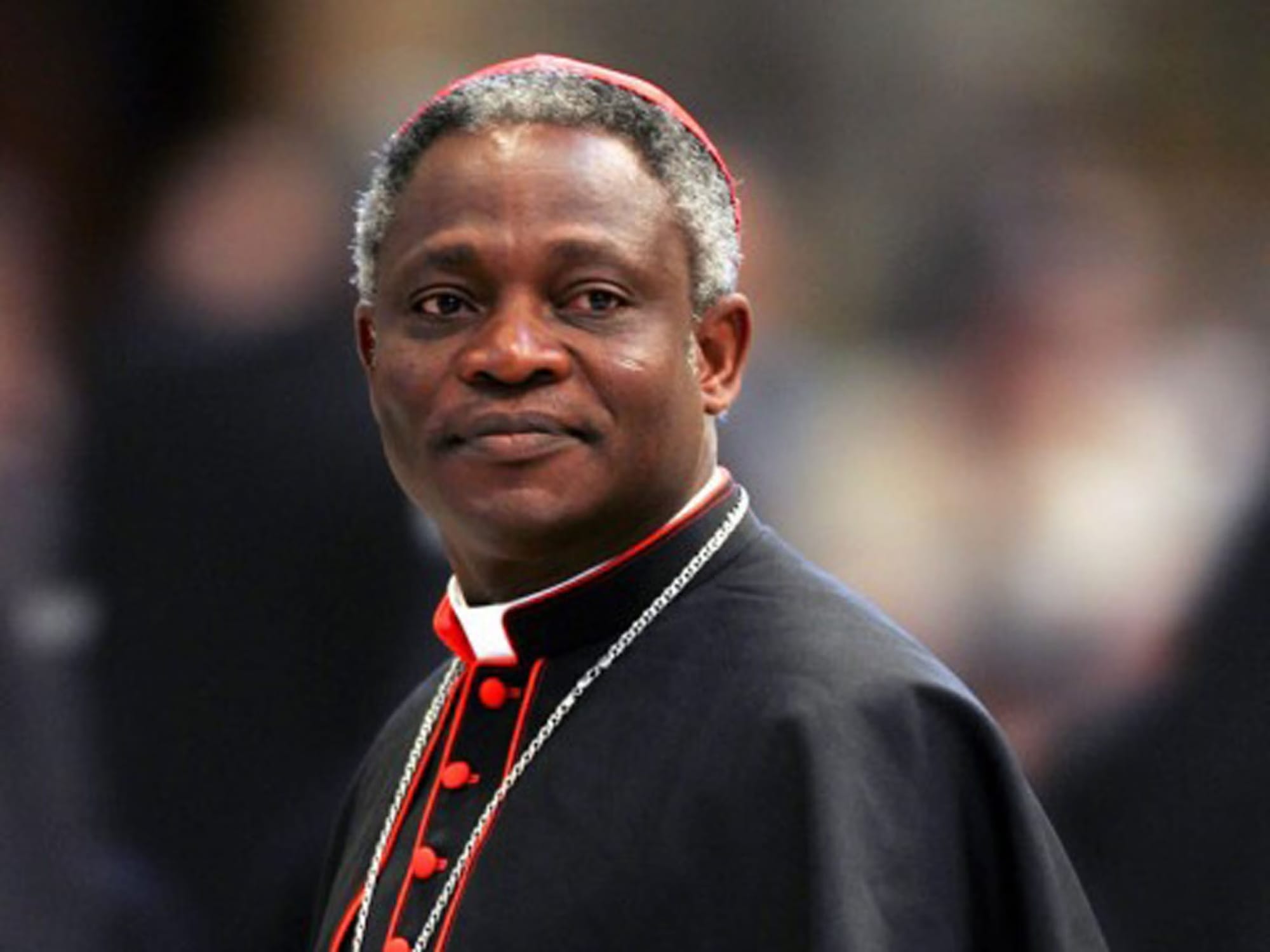
4. Cardinal Peter Turkson (Ghana)
The Global South’s Moral Voice
- Age: 76
- Former head of the Dicastery for Integral Human Development
- Emphasized economic justice and environmental stewardship
- Fluent in theology, diplomacy, and the politics of global Catholicism
Turkson would be the first Black pope in modern history—and the first African pope in over 1,500 years. He’s widely respected, and while seen as moderate, he commands global attention as a symbol of Catholicism’s growing shift toward Africa.
The Faultline Take
Now is not the time to debate Pope Francis’s legacy.
He is gone—and whatever disagreements remain, death demands dignity. For now, we pray for his soul and thank God for his years of service.
But make no mistake, this conclave will shape the Church for generations. And it must answer one essential question:
Is the Church to change with the world—or guide it?
Francis tried to bring the Church to the margins. But in doing so, he often risked diluting the core. The next pope will either restore the center—or leave it behind forever.
Catholicism does not belong to cardinals, politicians, or pundits.
It belongs to Christ.
And in this coming vote, we will see who remembers that.


